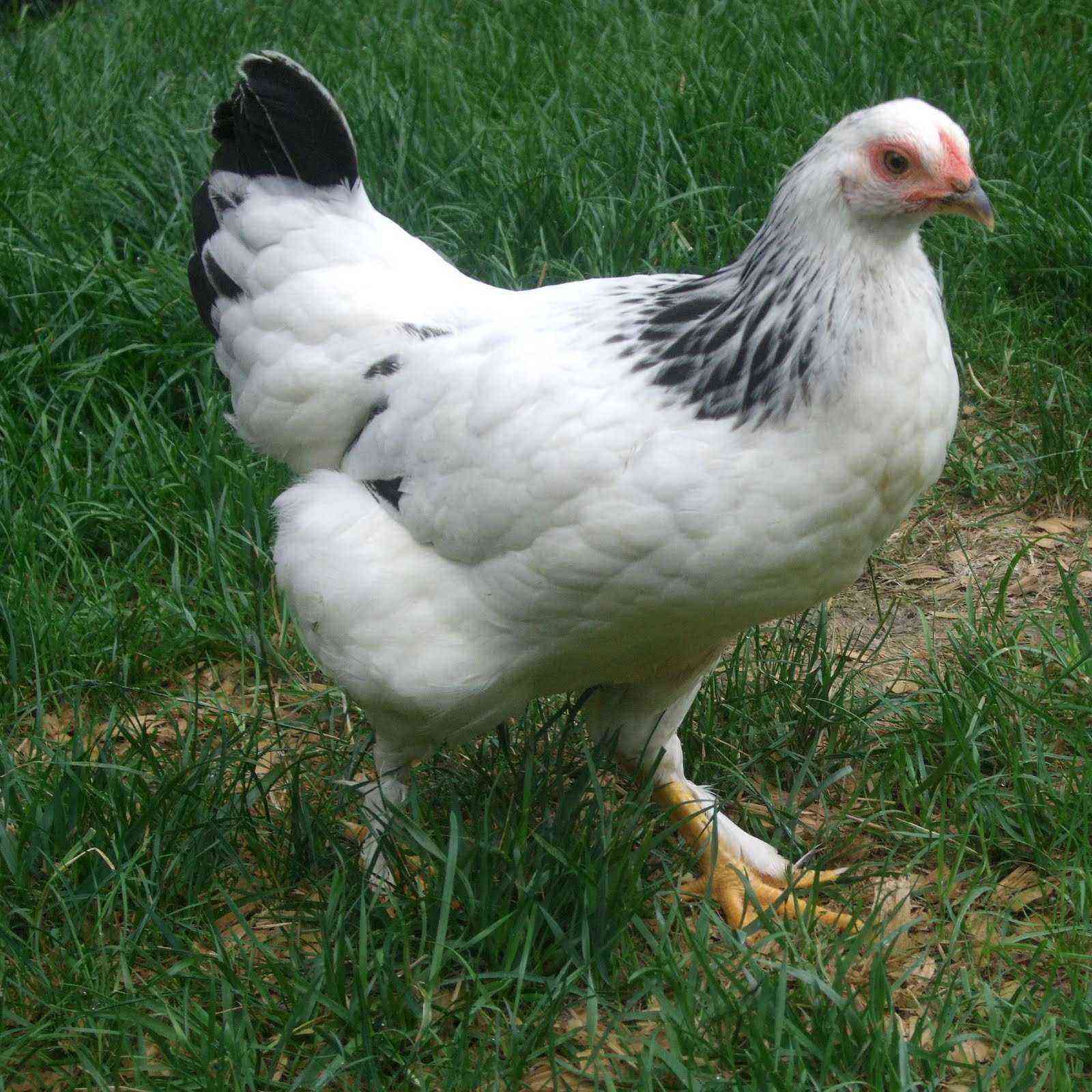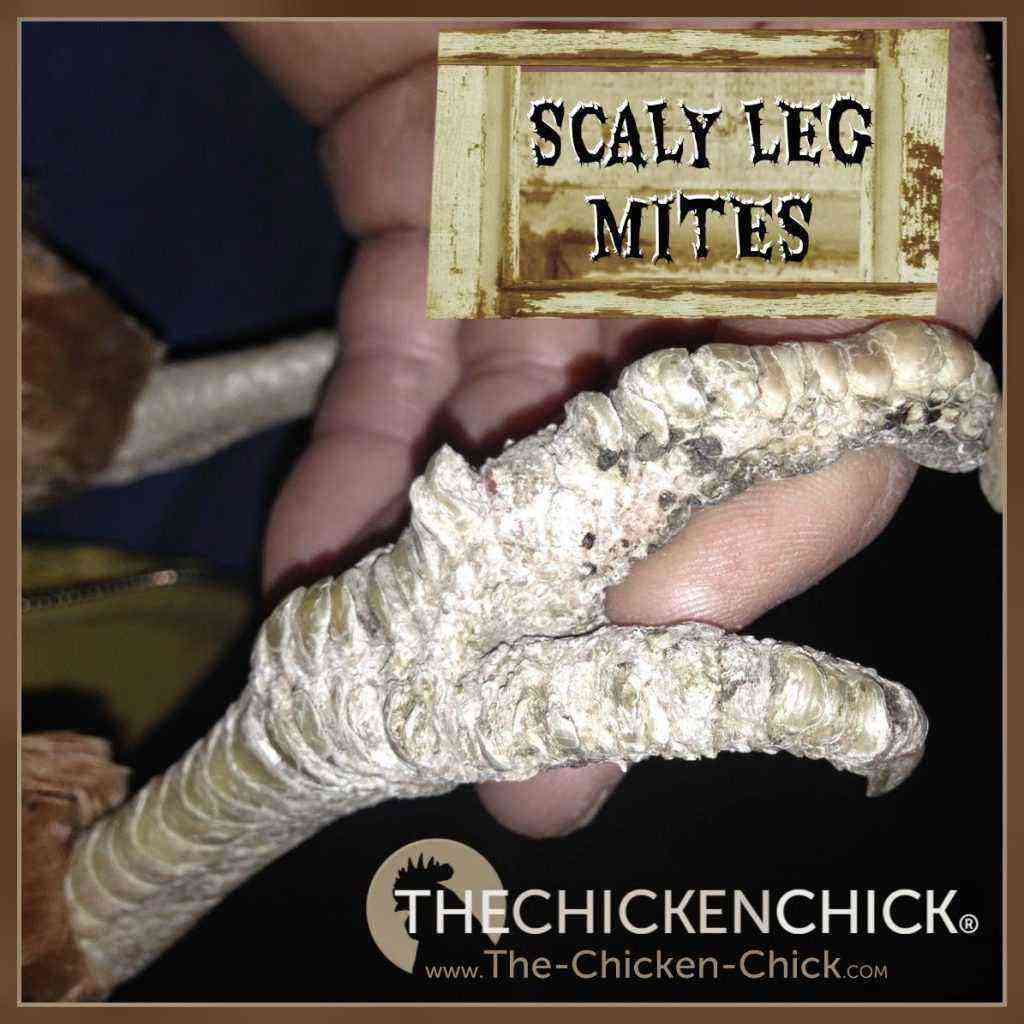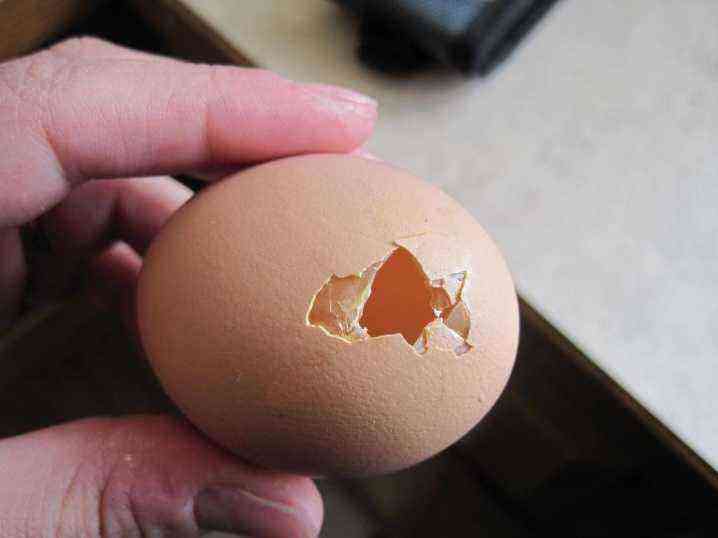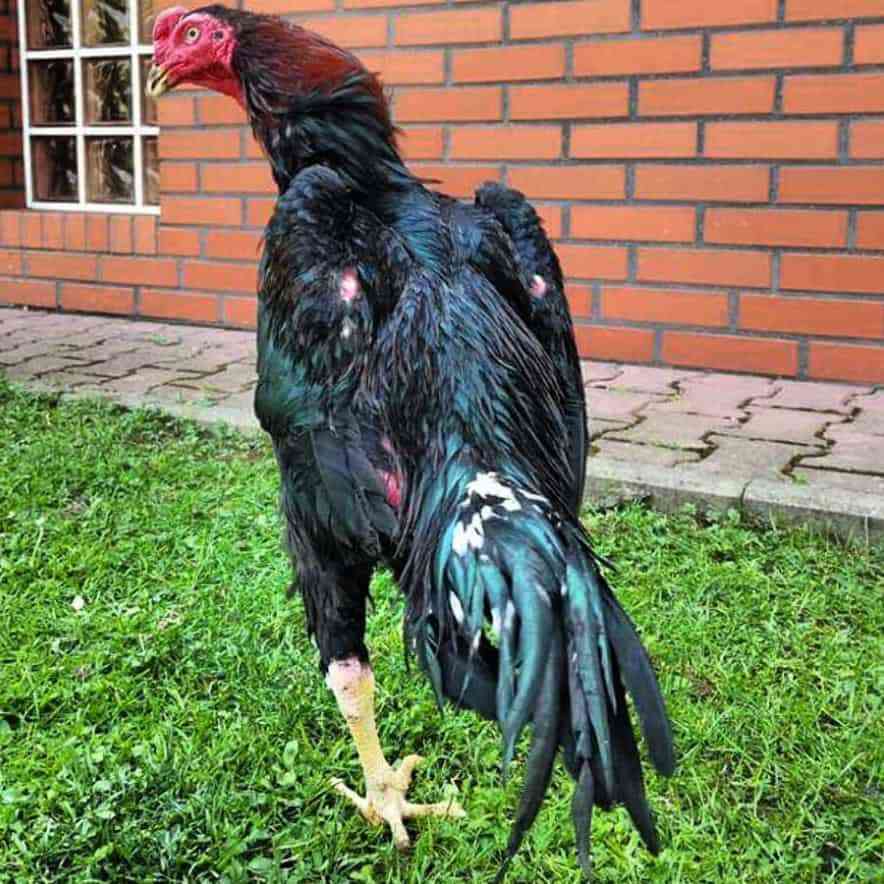One of the most terrible diseases of chickens is pasteurellosis. It is also called avian cholera. It is an infectious disease that can be acute or chronic. Cholera “kills” not only chickens, but also other types of birds. As a rule, carriers of pasteurellosis are rooks, sparrows, as well as other birds that often fly into the courtyard.
Pasteurella “live” in the ground, manure, animal corpses. Sunlight is destructive to them. In a dark place, they can be stored for up to three months. A temperature of 45-55 degrees kills Pasteurella in about 45-50 minutes, and when heated to 70-90 degrees, they die within five to ten minutes.
Disinfection against Pasteurella can be carried out by various means: solutions of carbolic acid – three and five percent, a one percent solution of sublimate, a solution of milk of lime – 5%, a one percent solution of bleach and a three percent solution of soda.
Basically, having become infected with cholera, chickens do not live long. They die on the third day. The main signs of pasteurellosis disease: lethargy, the appearance of foamy mucus from the nose and beak, possibly hoarseness, accelerated breathing, swelling of the earrings, fever up to 43,5 degrees. In sick birds, feathers grow dull and become disheveled, there is no appetite, they practically stop moving, weakness appears, they sit still all the time, alone, rise heavily, they are tormented by thirst.
However, there are times when chickens continue to live for several months after an illness. They develop immunity. But these birds become carriers of pasteurellosis and are potentially dangerous for the rest of the livestock. It is better to get rid of such individuals immediately, slaughtering them for meat. Chronic pasteurellosis is characterized by a strong weight loss of chickens, blue earrings and comb, darkening of the pectoral muscles and, of course, a significant decrease in productivity.
At the first sign of a disease, chickens should be checked immediately to know for sure which disease has entered the chicken coop. Cholera is similar to plague and typhoid. Although they also have a number of distinctive features. Therefore, the diagnosis will not be superfluous.






































